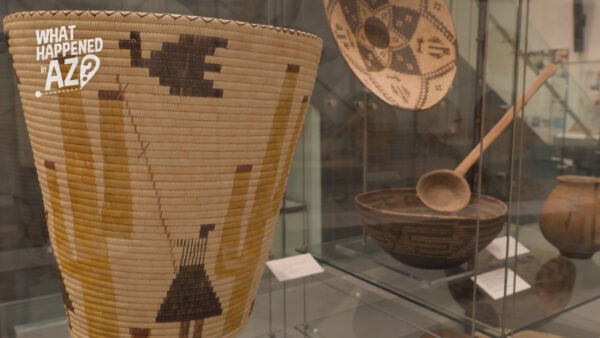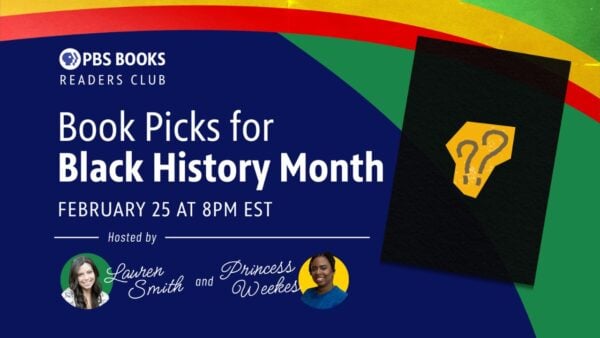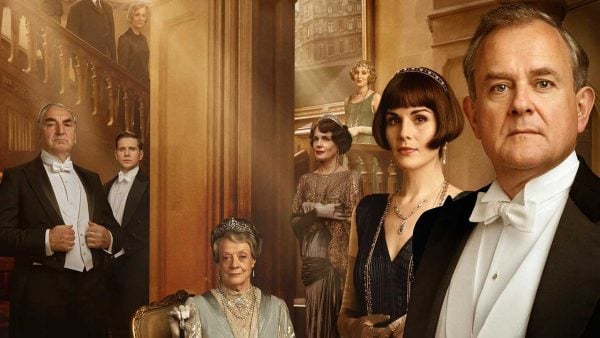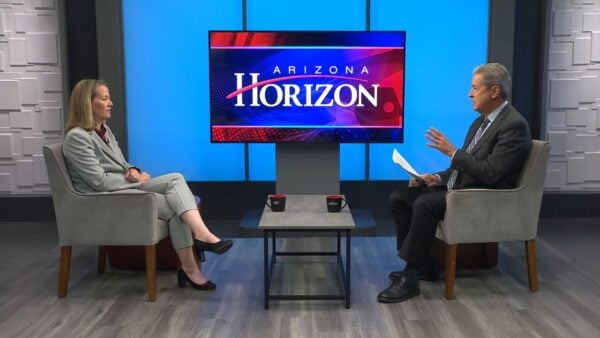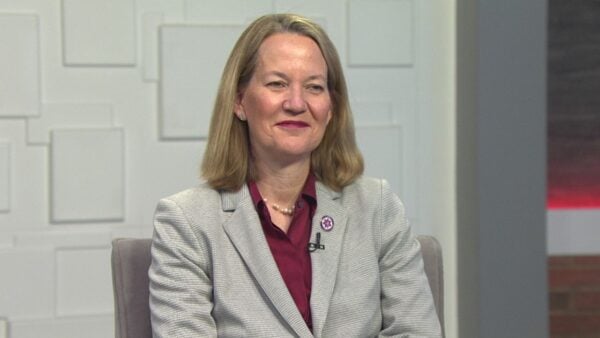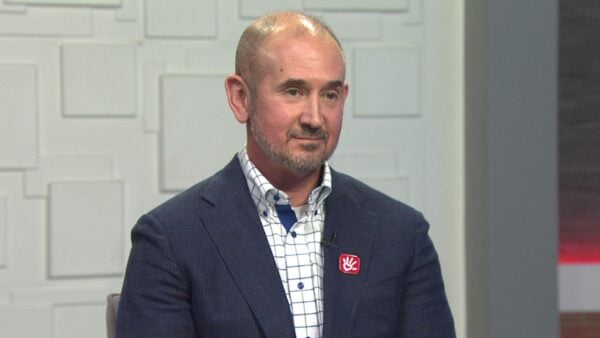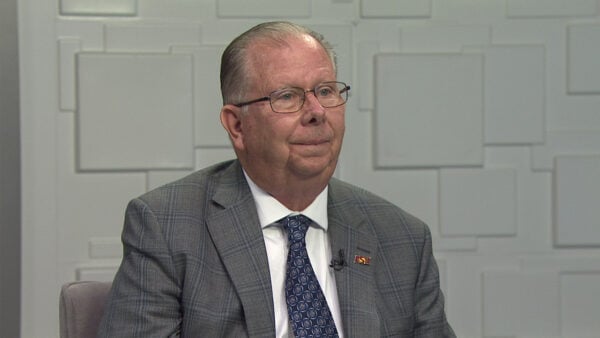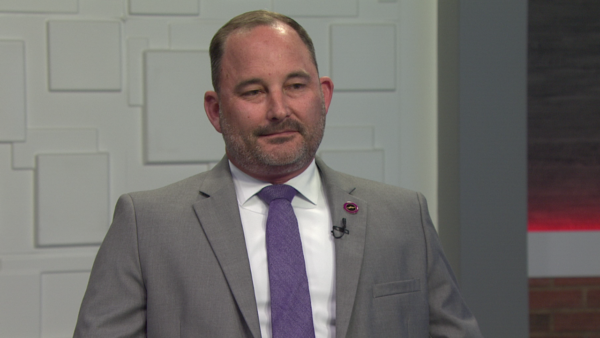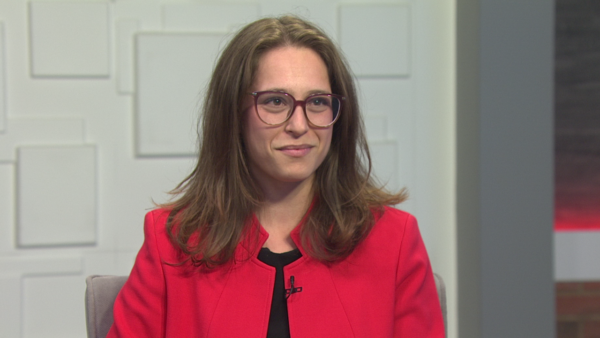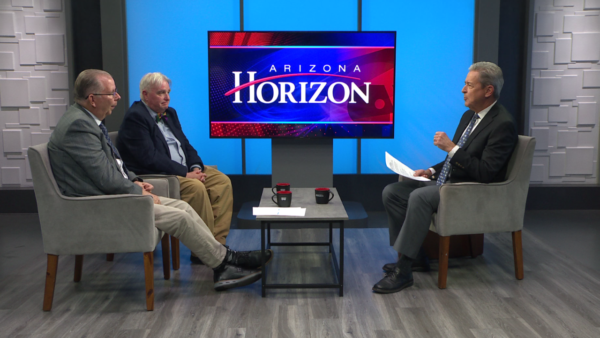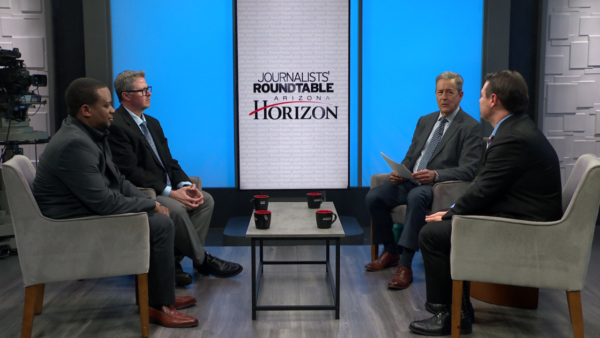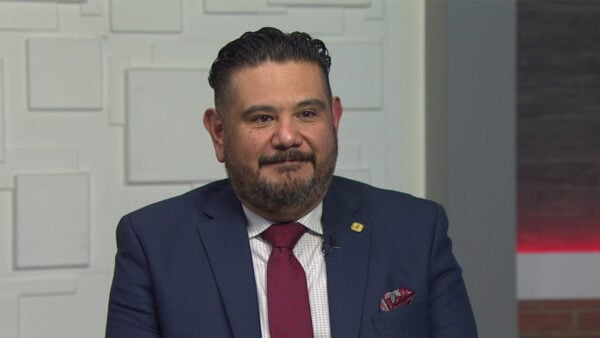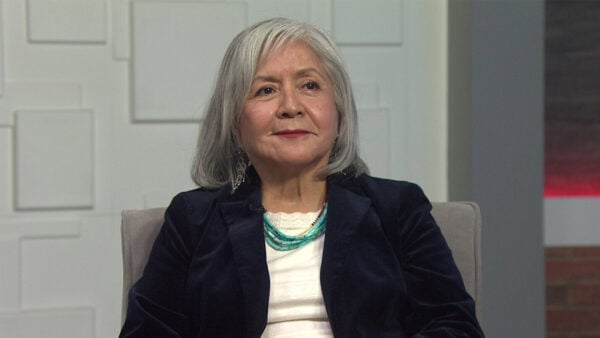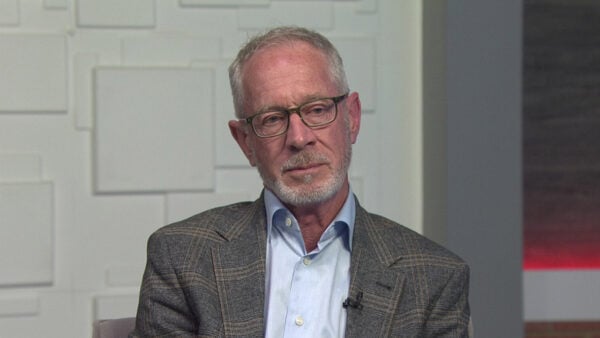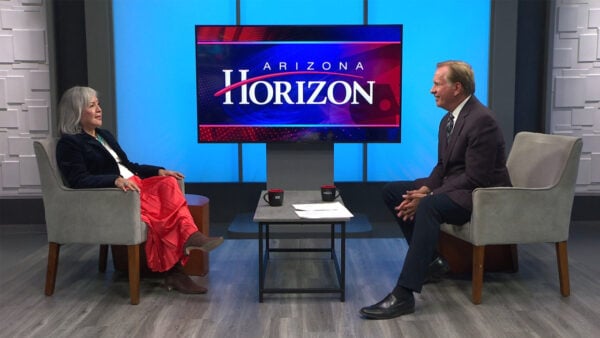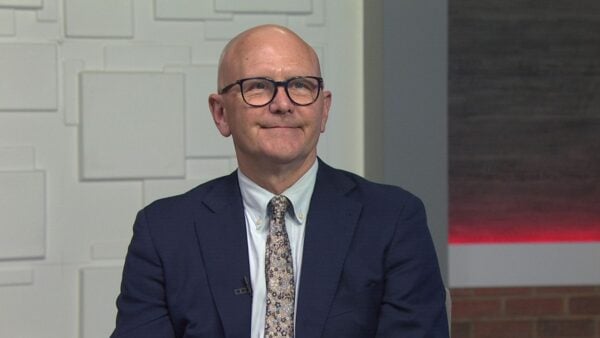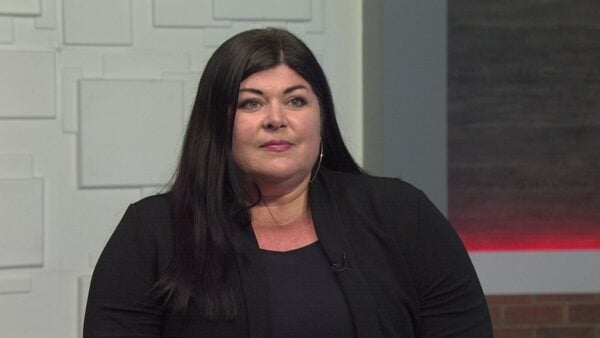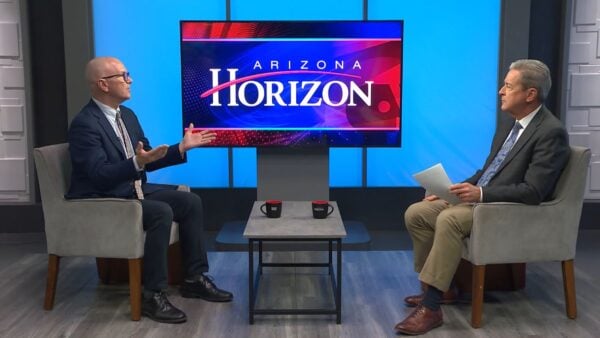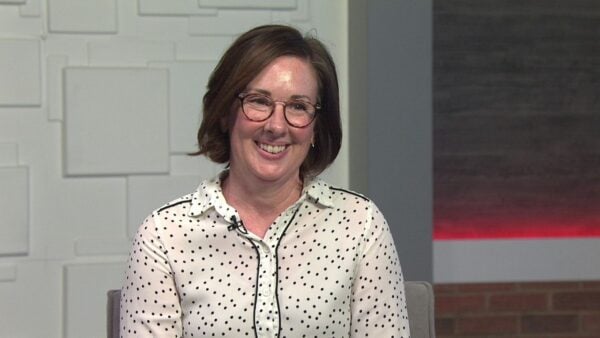Supreme Court rulings explained: Capitol Riots, Chevron decision and more
June 28, 2024
On Friday, the U.S. Supreme Court ruled the Justice Department overstepped by charging hundreds of people who rioted at the U.S. Capitol on January 6, 2021, with obstruction in a decision that could force prosecutors to reopen some of those cases.
The Chevron decision also came down: The Supreme Court overturned a landmark 40-year-old decision that gave federal agencies broad regulatory power, upending their authority to issue regulations unless Congress has spoken clearly.
The court also loosened the restraints on city officials confronting homeless encampments, overturning a lower court that found it unconstitutional to penalize people for sleeping in public when they have nowhere else to stay.
To help make sense of the new rulings, we were joined by Paul Bender, a professor at ASU’s Sandra Day O’Connor College of Law.
The Supreme Court takes into account the homeless situation in the U.S. However, there are some parts that are complicated, and members don’t want to be involved.
“The treatment of the homeless is a serious constitutional question in the United States. In years past, the Supreme Court would take an issue like that and would try to reach a resolution. This is an important social issue, and it’s one this Court does not want to get involved in,” said Bender.
Courts believe they no longer have control of the federal law; it’s in the hands of the agencies.
“It looks like the courts are taking over; these vast number of cases involving administrative law. They can’t do that; there are too many cases. So they have these doctrines, but they are going to be applied by the individual Court of Appeals justices all over the country,” said Bender.
Bender doesn’t believe in the idea of immunity for former President Donald Trump.
“I don’t know where the idea of immunity would come from. I just don’t understand the concept; that would both surprise and dismay me,” said Bender.
